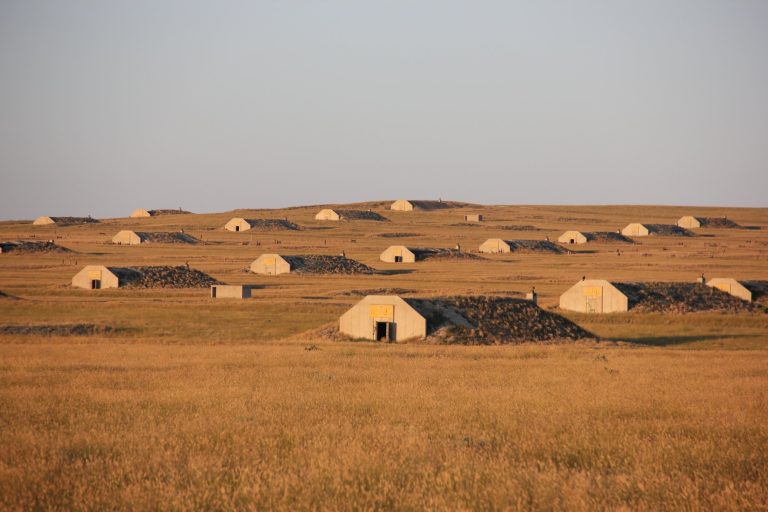CHEYENNE, WY – Wyoming is known for many “firsts” in women’s history.
It was the first state to allow women the right to vote. Wyoming also boasts the nation’s first female justice of the peace, jury member, bailiff and governor.
As Women’s History Month is recognized every year in March, Mary Humstone, board member of the Alliance for Historic Wyoming, said while each is a noteworthy achievement, focusing only on them neglects other important women who contributed in large and small ways to the state’s development.
 “We don’t talk about the other women who homesteaded,” said Humstone, “who started hospitals, who started schools and libraries, who brought their families to Wyoming and created communities.”
“We don’t talk about the other women who homesteaded,” said Humstone, “who started hospitals, who started schools and libraries, who brought their families to Wyoming and created communities.”
Humstone’s group is working to put a spotlight on sites that stand as testaments to the contributions made by Wyoming women.
Currently, only one of the 28 state-owned historic sites in Wyoming celebrates a woman. And just 16 of Wyoming’s more than 550 listings in the National Register of Historic Places mentions a woman as significant in their history.
Humstone pointed to the George Ferris Mansion in Rawlins, known for its historic Queen Anne style architecture, as one example.
George Ferris commissioned the construction – but when he died soon after, it was his wife Julia, that ensured its completion. Julia was a Rawlins National Bank board member, and was responsible for building the Ferris Hotel, which she ran for the rest of her life.
“It should be called the Julia Ferris Mansion,” said Humstone. “But throughout the history of preservation, we have tended to name properties after men. You have to really dig for the story of the woman associated with them.”
Other frequently overlooked women include Elinore Pruitt Stewart, a single woman homesteader in Sweetwater County; Elizabeth Dickson, a nurse who founded Douglas Hospital; and the women of the Lusk Reading Club who secured funds for the Niobrara County Library.
Humstone said women also played an oversized role in Wyoming’s nominations for the National Register.
“I was amazed that almost all of them were written by women,” said Humstone. “And a lot of these women were not professionals, they were just members of the community who cared enough about a place to do this research, and nominate the properties.”













